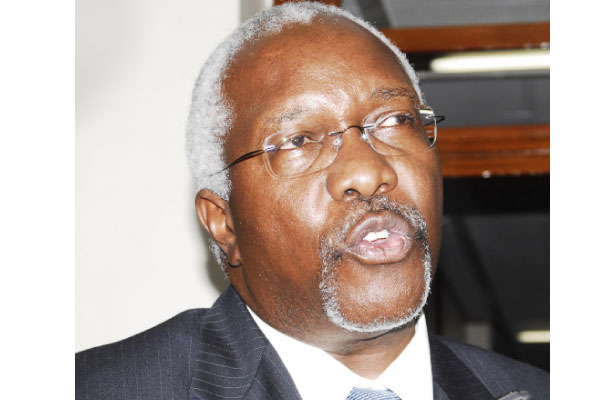The Ministry of Gender, Labour and Social Development has since 2015 through the labour externalisation programme ‘facilitated’ exportation of at least 70,000 Ugandans to work in the United Arab Emirates (UAE), Saudi Arabia, Jordan, Bahrain, Oman, Iraq, Somalia, Afghanistan and Mali.
The labour externalisation, a lucrative but controversial policy, is a government initiated “strategic initiative” to facilitate recruitment of Ugandan migrant workers in meaningful employment abroad and also to ensure that their rights and welfare are protected, in wake of unemployment levels currently surging past 87 per cent, according to National Planning Authority (NPA) statistics
Licensing private agencies
According to Auditor General John Muwanga, the ministry of Gender which is overseeing implementation of the policy, had by November last year also licensed 79 private recruitment agencies.
Mr Muwanga in the value for money audit of the ministry released in January, indicated that “in spite of some achievements” registered in streamlining the business there are several areas that need to be fixed, such as putting in place regulations and guidelines on recruitment and placement of migrant workers.
“The guidelines were not disseminated as planned because the revised regulations were yet to be approved,” Mr Muwanga said in the audit report.
Labour exporting firms
“This meant that key stakeholders central to the recruitment of migrant workers had limited information on the laws and processes on recruitment and management of migrant workers since they did not have copies of the regulations and guidelines,” he added.
The audit reveals that while the ministry had licensed 79 recruitment agencies, there is no evidence that updated lists of these agencies were being shared with key stakeholders.
“Further still, the ministry had in some cases issued recruitment licenses and approved job orders for companies that did not have valid bank guarantees. It was also noted that the penalty for operating without a license was not deterrent.”A list of the labour exporting firms submitted to Parliament in October 2016 revealed that some of the firms were owned by senior government and military officials.
